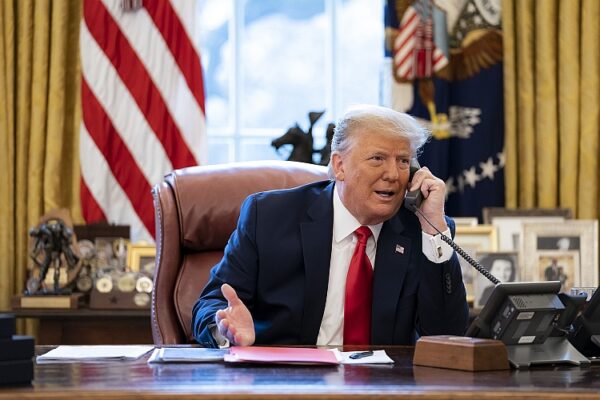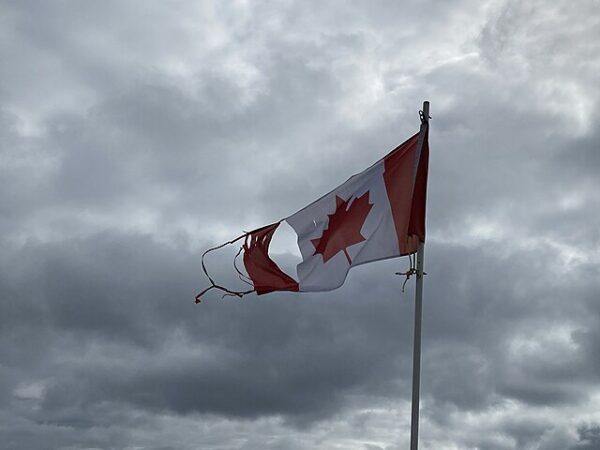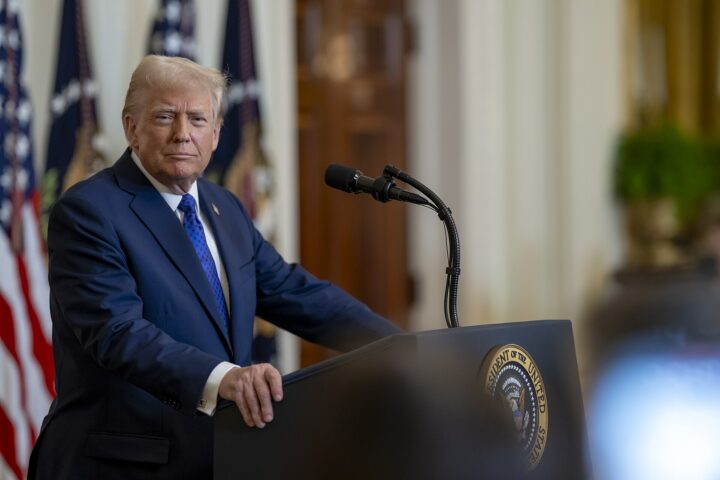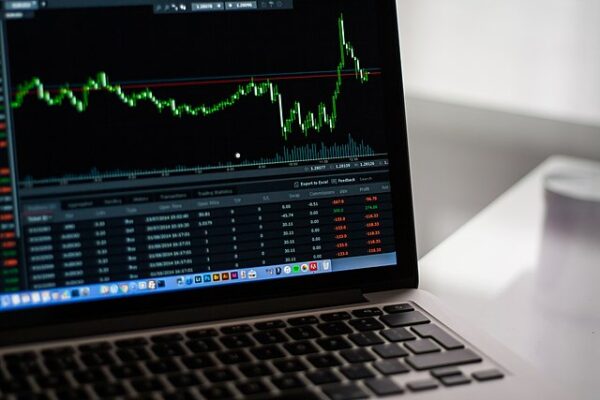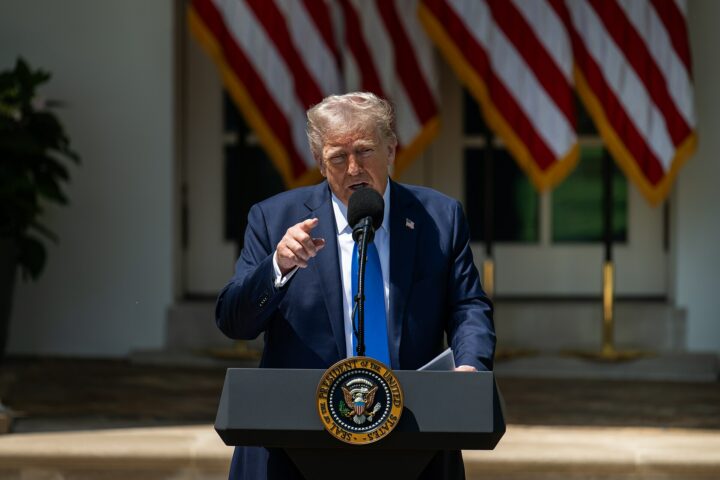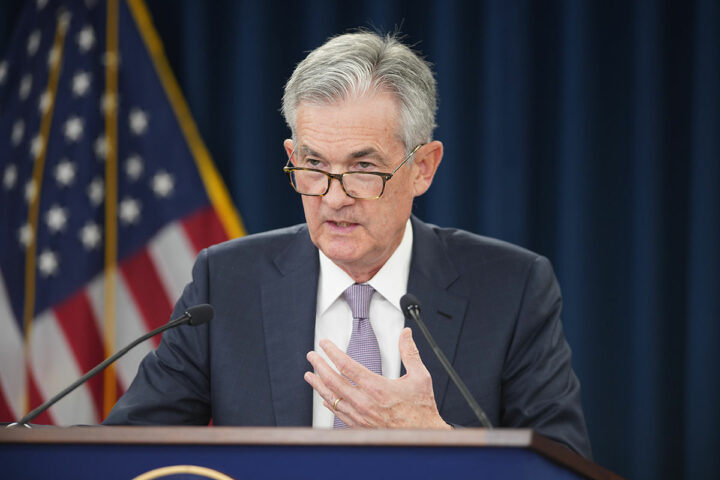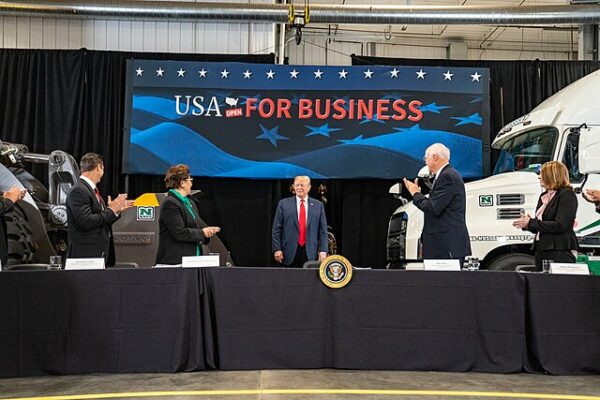In a sharp rebuke, the U.S. Court of International Trade has struck down a central pillar of President Donald Trump’s trade agenda, ruling that his use of emergency powers to impose sweeping tariffs was unlawful. The decision halts most of the tariffs immediately and orders the White House to dismantle them within ten days—a directive that has already triggered a fast-track appeal from the administration.
At issue is Trump’s invocation of the International Emergency Economic Powers Act (IEEPA), a Cold War-era law intended to respond to national security crises. The New York-based three-judge panel ruled that Trump stretched the law far beyond its scope by using it to impose across-the-board tariffs on nations like China, Canada, and Mexico—absent a declared emergency. The ruling, the first of its kind, opens a major constitutional debate over the boundaries of presidential authority in trade.
Goldman Sachs analysts framed the ruling as a speed bump, not a blockade, explained CNBC.
“For now, we expect the Trump administration will find other ways to impose tariffs,” they added.
The Wall Street bank said the ruling blocks the 10% baseline tariff imposed by Trump on most imports, as well as the additional duties on China, Canada and Mexico – but not sectoral levies, such as those imposed on steel, aluminum and autos.
The Trump administration nevertheless has other legal means of imposing tariffs, Goldman says, flagging Section 122 of U.S. trade law, Section 301 investigations and Section 338 of the Trade Act of 1930.
“The administration could quickly replace the 10% across-the-board tariff with a similar tariff of up to 15% under Sec. 122,” analysts at Goldman said. They noted, however, that such a move would only last for up to 150 days after which law requires congressional action.
Trade experts say the court’s decision is a landmark—and a provocation. Michelle Schulz, a trade attorney appearing on CNBC Europe, said the administration may now revive past strategies like Section 301 tariffs on Chinese goods. “These tools are slower and more procedurally complex, but they’re on firmer legal ground,” she said, noting that agencies like Commerce and USTR would have to prove economic harm to justify new measures.
Markets largely shrugged. The Dow jumped 500 points, Asia-Pacific indexes closed higher, and the Stoxx 600 ticked up 0.3%.
Trump is expected to appeal to the Supreme Court as early as Friday.

